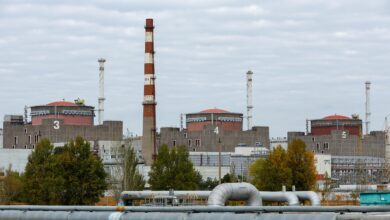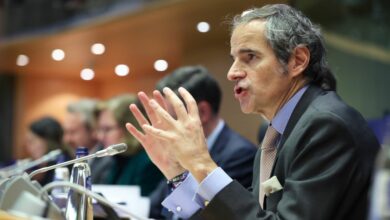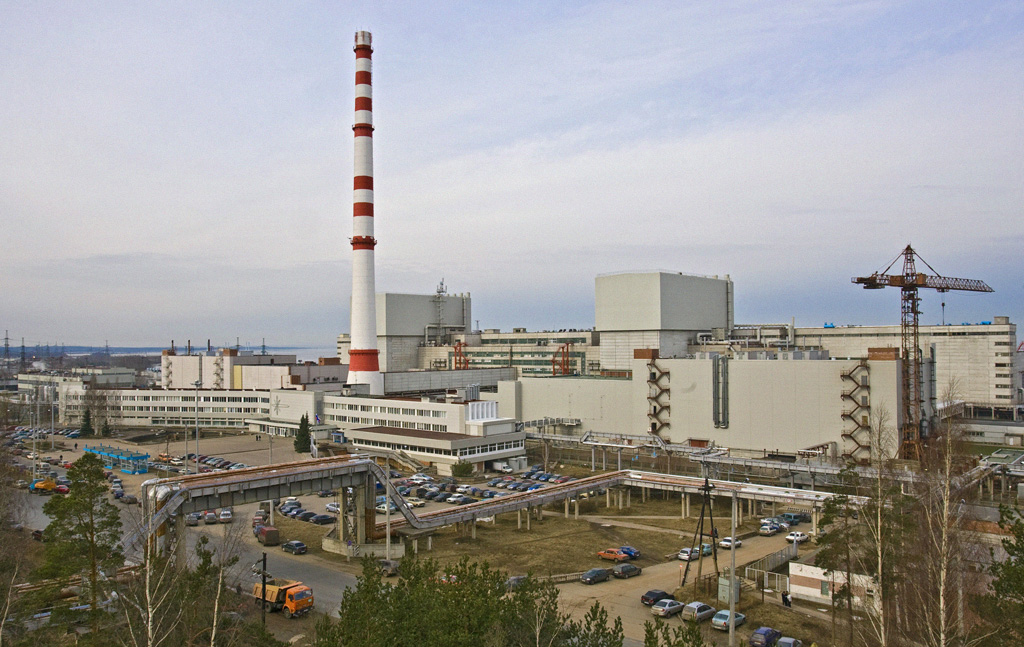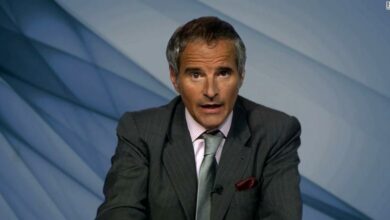Paris–The future of Egypt’s sought-after nuclear program remained unclear at the recent International Conference on Access to Civil Nuclear Energy in Paris, despite an earlier meeting between Prime Minister Ahmed Nazif and the president of AREVA, a French producer of nuclear reactors.
On the sidelines of the Paris conference, Minister of Electricity and Energy Hassan Younis held a series of meetings with delegations from the US, France, Russia, China and South Korea to discuss Egypt’s nuclear project. However, the minister did not discuss the project’s details with officials of the French company.
Younis’ talks focused on two points, the first being how the Egyptian specialists expected to run Egypt’s first nuclear reactor would be trained. According to Younis, Egyptian specialists would receive training in those countries with whose representatives he held talks.
The second point discussed was related to the safe operation of nuclear reactors in general and recent accomplishments in the fields of nuclear maintenance and safety.
Construction of Egypt’s nuclear reactor by French contractors, however, is expected to be costly. French reactors are generally known to have the best safety records in the world, diplomatic sources told Al-Masry Al-Youm.
While the French company is trying to reduce projected construction costs, costs nevertheless remain higher than those associated with South Korean offers, said sources speaking on condition of anonymity. They added that the reason for such high costs was France’s lack of institutions capable of funding projects of such size.
Younis did not put an end to ongoing speculation–and controversy–over the proposed location of the reactor. When asked if the North Coast site of El-Dabaa had been selected for the project, the minister sufficed to say: "We’ll soon announce the site of Egypt’s first nuclear reactor."
The minister’s statements raised further questions, however, as to whether the government planned to postpone the project in order to use it as leverage in Egypt’s upcoming legislative elections.
Translated from the Arabic Edition.




